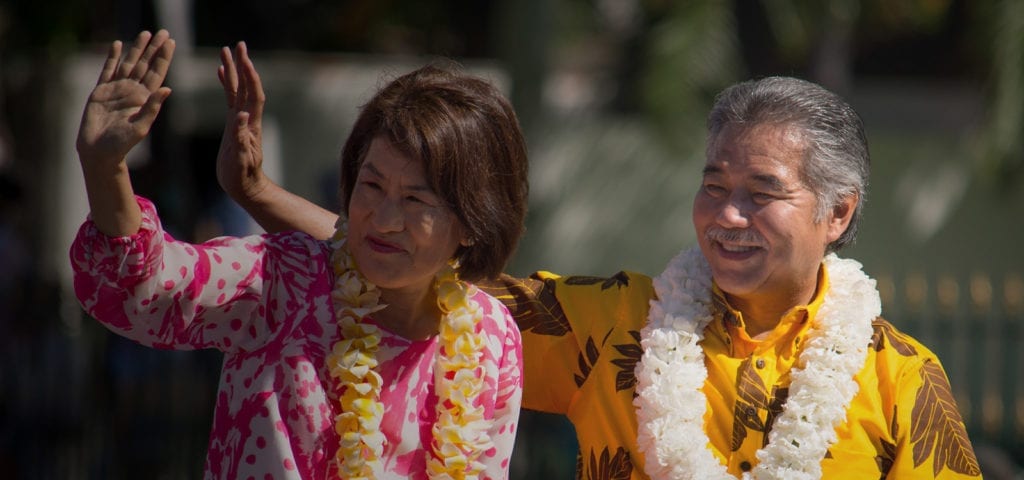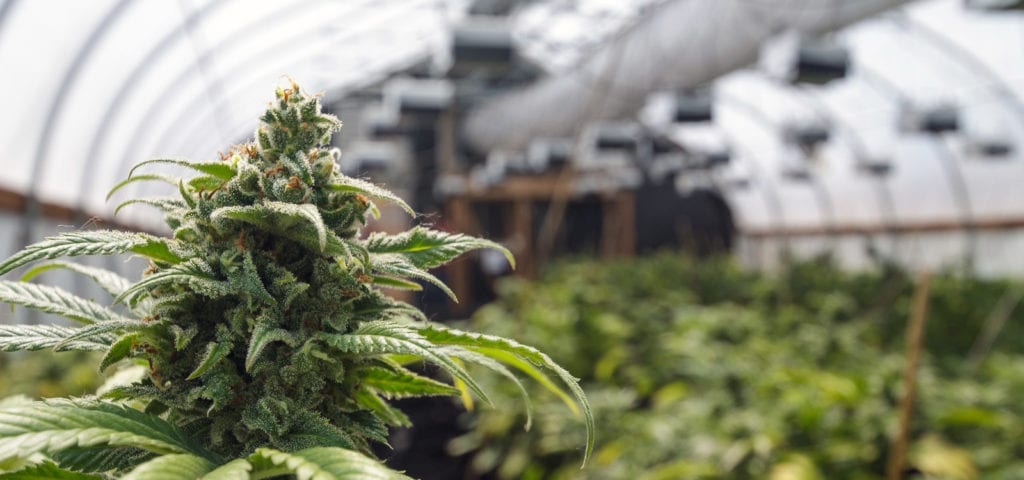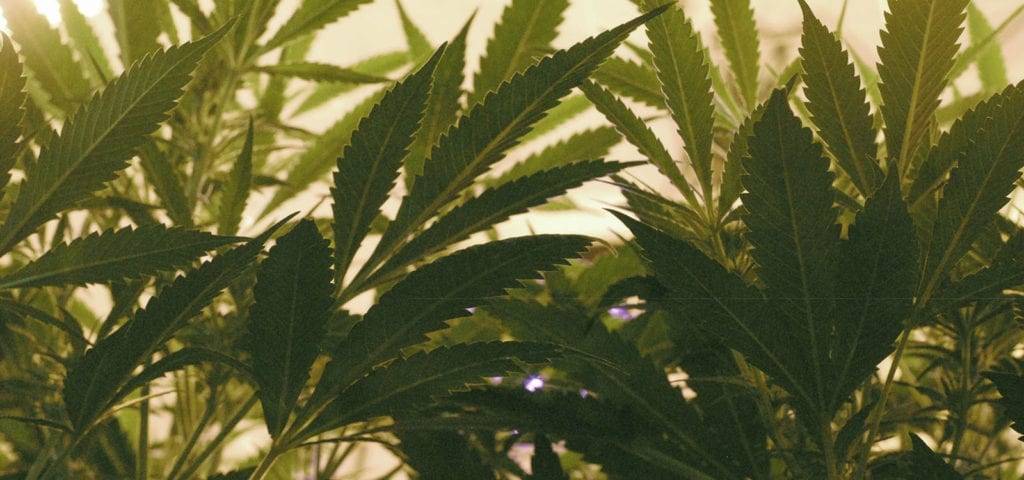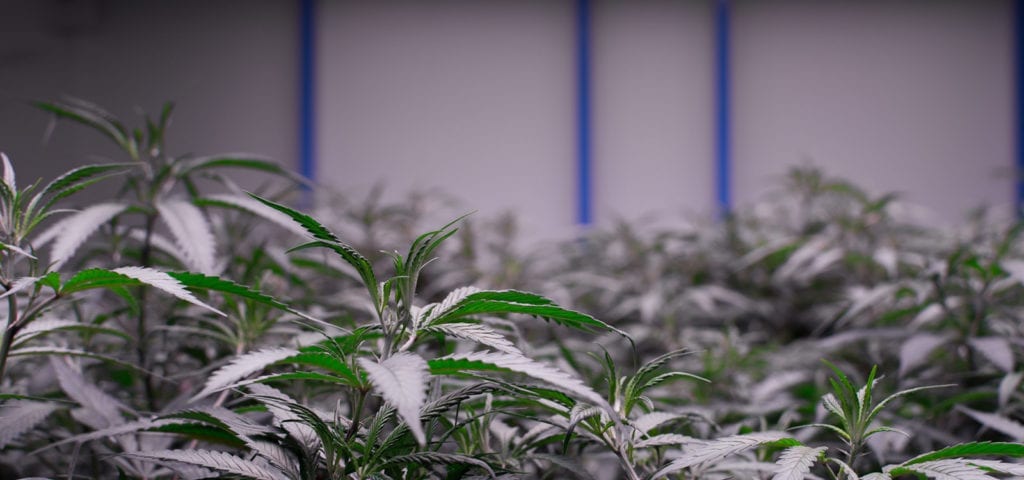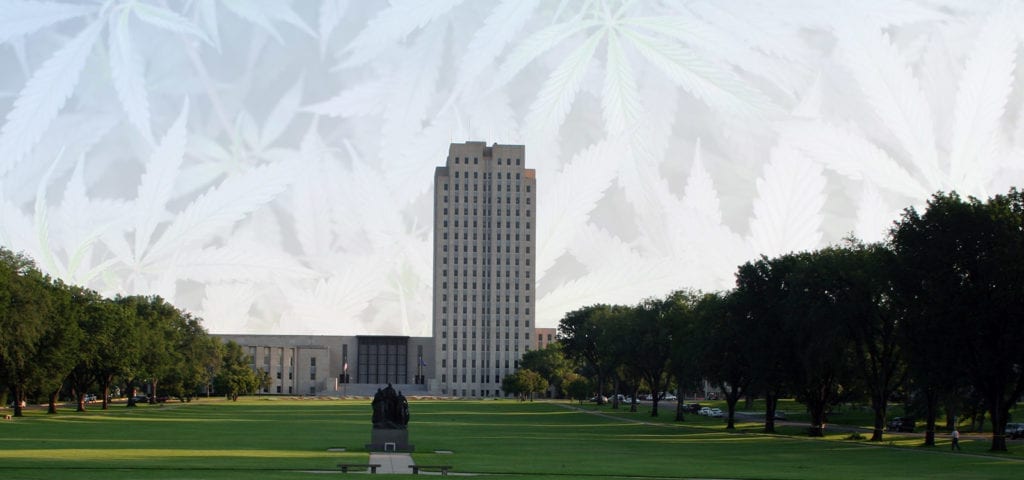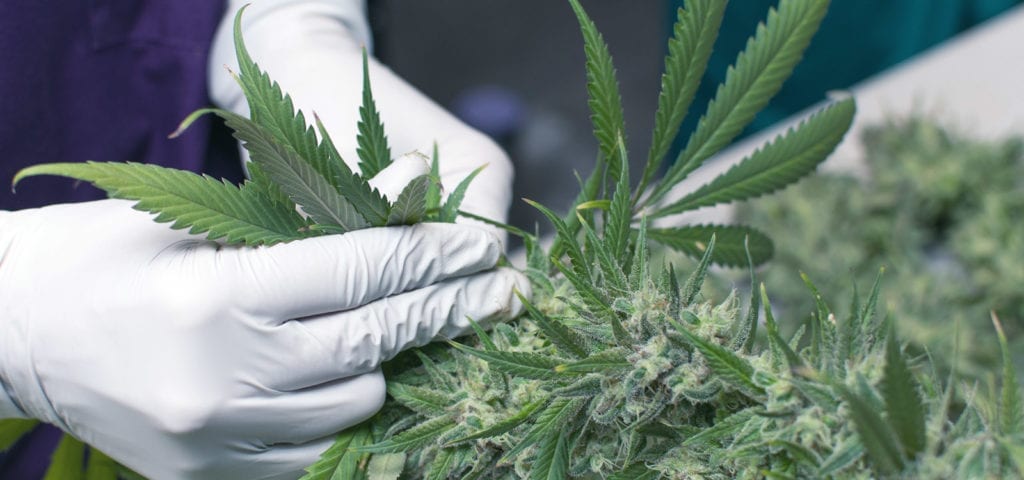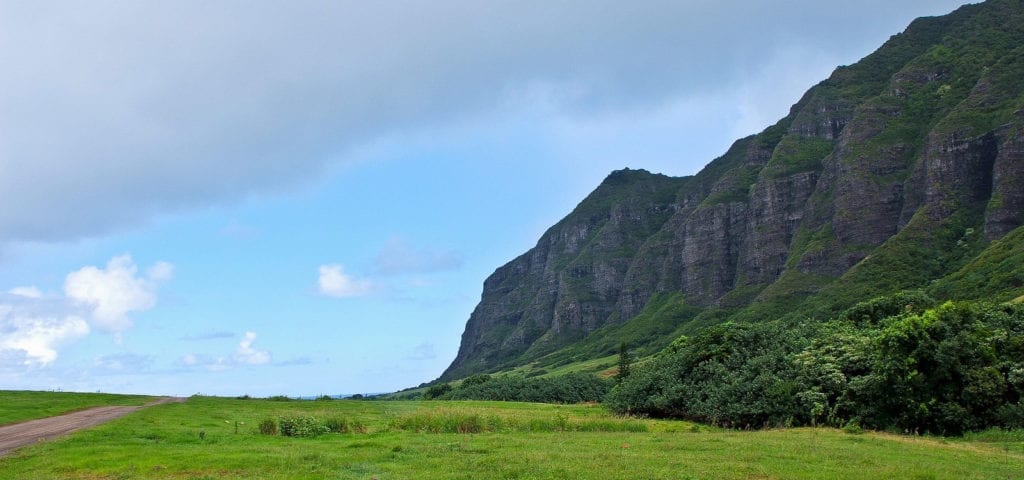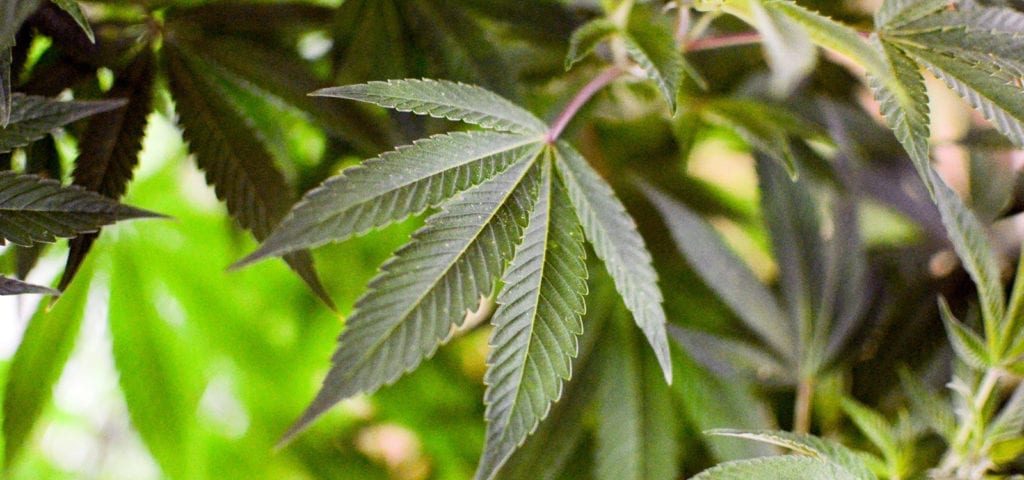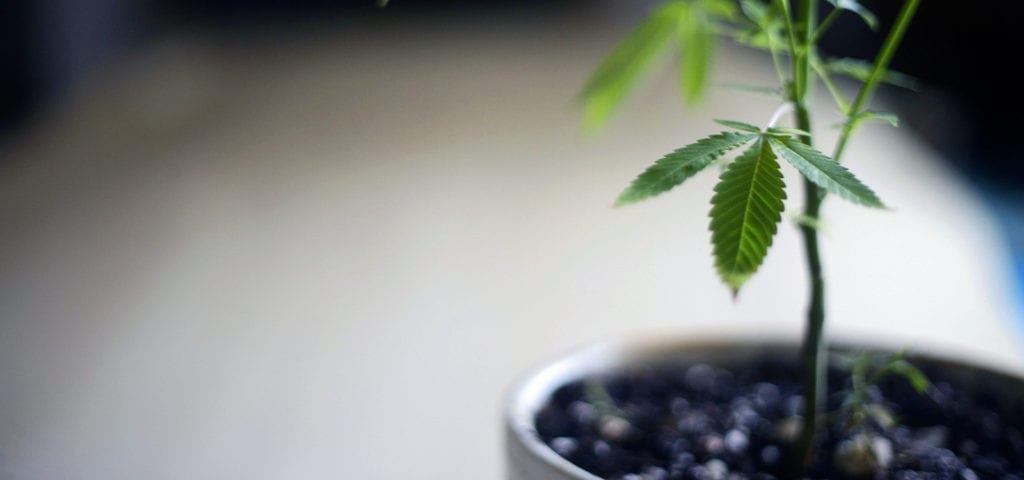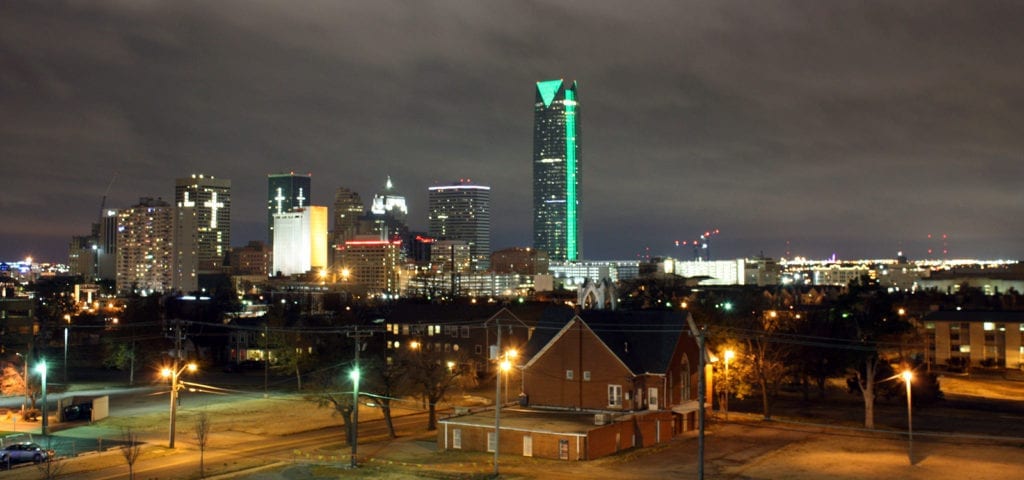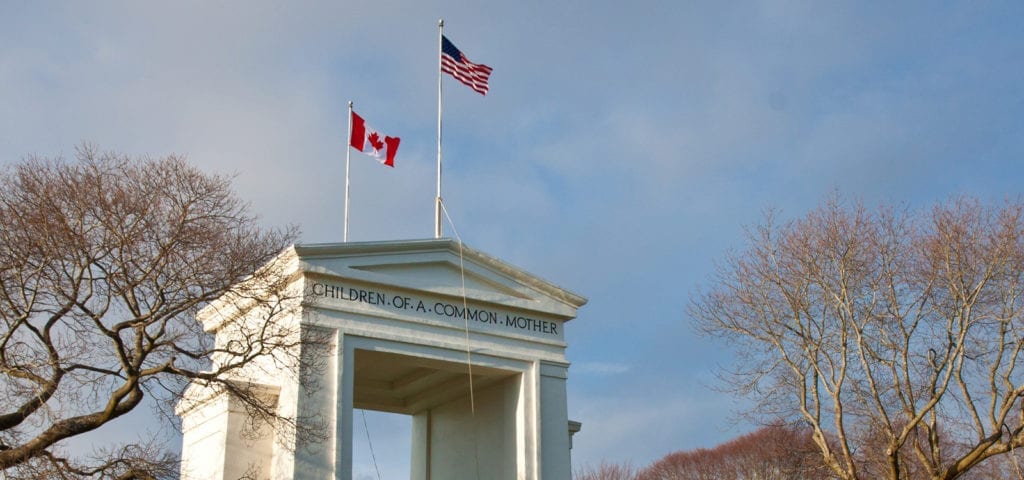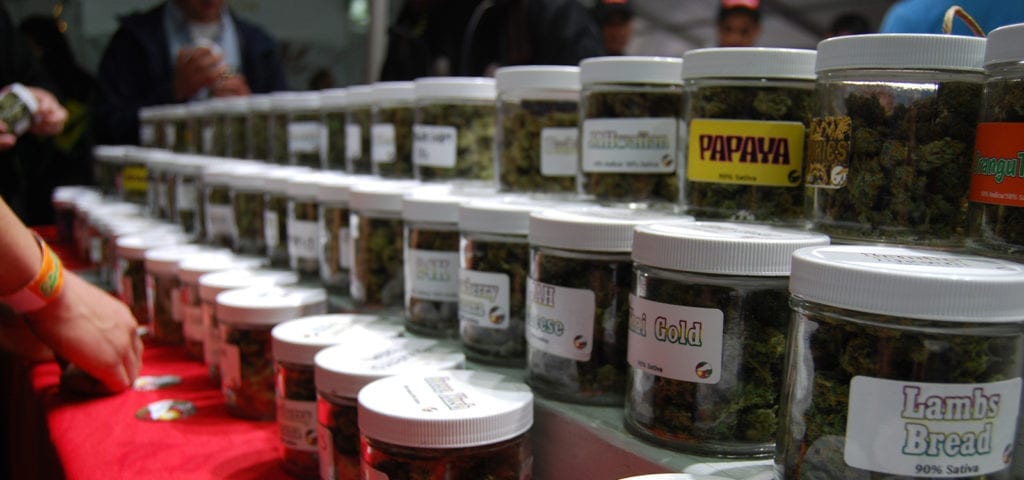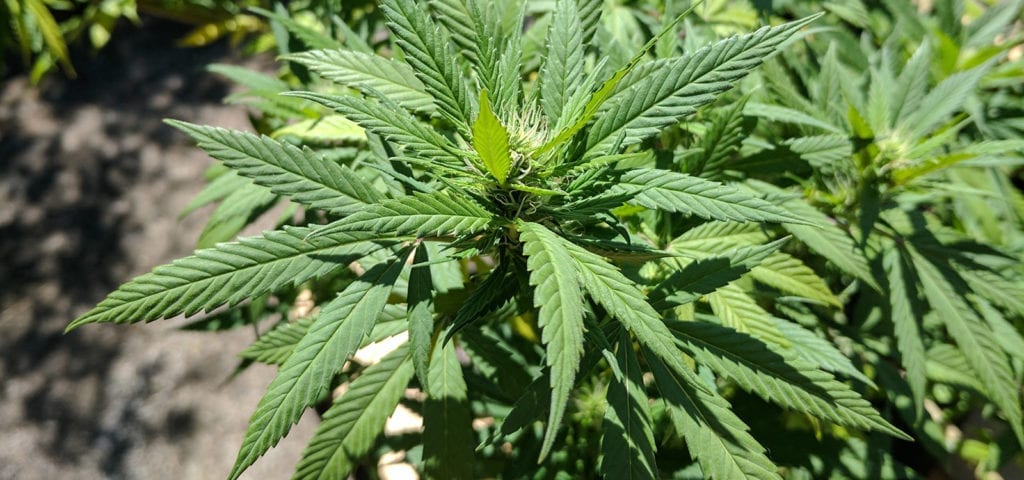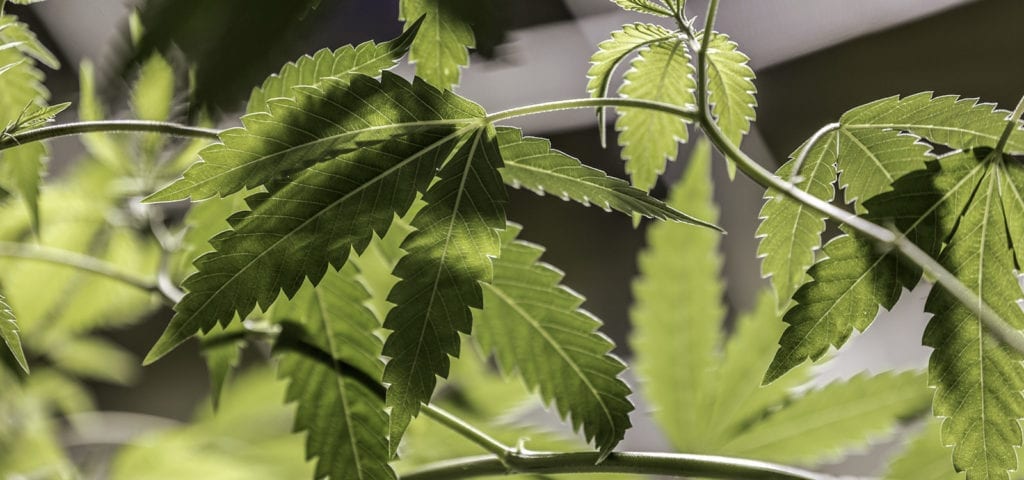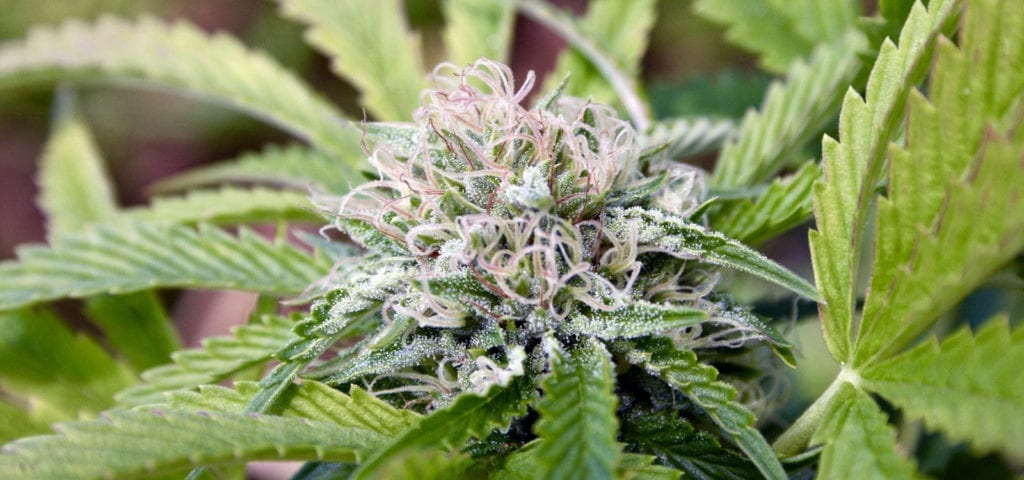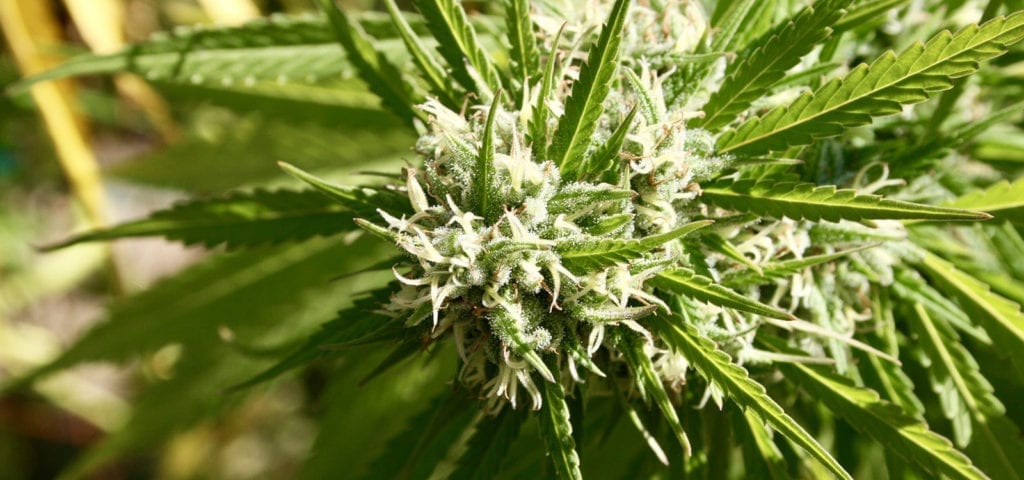Israel’s legislative body, the Knesset, is expected to vote this week on a law that would decriminalize cannabis possession, according to a High Times report. The law would change the penalty for cannabis possession from jail time to a simple fine for the first three offenses.
The fine ranges from 1000 – 2000 shekels, approximately $275 – $550 US Dollars, and possibly community service for repeat offenders. Excluded from the law are soldiers, minors, and previously convicted criminals. The law’s duration is set at 3 years, as this draft is designed to be studied and then possibly changed.
Israel would be the first nation in the Middle East to decriminalize cannabis.
Member of the Knesset Meirav Ben-Ari, who serves on the Knesset’s Labor, Health and Welfare Committee, doesn’t believe people should receive a permanent police record for simple possession. All other members of the Knesset must agree, as the bill that is up for consideration was approved unanimously by legislators earlier this year.
“I definitely hope that the money [collected] from the fines will be allocated for the establishment of a fund for education, information, treatment, and rehabilitation of [drug] addicts, instead of taking the money to the state’s funds.” — MK Meirav Ben-Ari, in a statement
End


